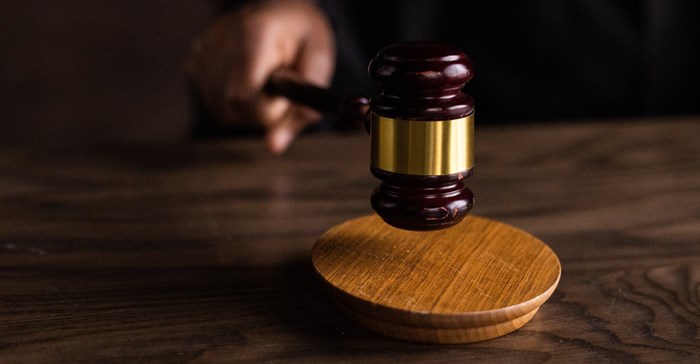
Related

The hair-raising rise of “dark clinics” undermines the hair transplant market
Dr Kashmal Kalan 19 Jan 2026



Top stories






More news
















Logistics & Transport
Uganda plans new rail link to Tanzania for mineral export boost










In addition, SAMA says it supports calls for an urgent review of culpable homicide law, and its application in healthcare settings.
“Recent cases have again demonstrated the deficiencies the current legal framework has with medical cases. Magistrates are often placed in the unenviable position of adjudicating exceedingly complex clinical interventions, without possessing the necessary training or medical expertise; this has severe and long-ranging impacts on doctors and, ultimately, on patients. Something must be done, and quickly, to remedy this situation,” says Dr Angelique Coetzee, Chairperson of SAMA.
Coetzee says SAMA supports the view of eight other leading healthcare organisations who recently wrote to the Minister of Justice and Correctional Services urging for a review of the current legal framework.
In the letter the organisations write, “Our organisations are committed to the highest level of safety for all patients in South Africa. This will, however, require replacing the current culture of blame and fear with one of learning, where healthcare professionals feel able to apologise and learn from mistakes."
"This will help to reduce the number of errors and thus enable progress on improving patient safety. When healthcare professionals are allowed and supported to learn from mistakes, lessons are learnt, and patients are better protected in the future.
“We appreciate the intricacy of these issues, and while they are difficult to resolve, their complexity only highlights how important it is that our healthcare workers have clarity from their leaders, and ultimately in law. Patients and clinicians want the same thing: for those in need to receive the best care.”
Coetzee says without proper legal judgement on medical cases, doctors will increasingly become afraid to perform certain procedures, a serious situation that will have negative consequences for patients.
“We already have doctors who have been incarcerated following poor procedures saying they will no longer continue practicing medicine. When other doctors see these events unfold, and doctors being vilified without proper medical scrutiny of their work, they become anxious and opt to either leave the country altogether, or stop performing procedures. We cannot allow this to continue. Specialised courts that call on expert witnesses must be created to deal with these cases,” Coetzee says.
She adds that all surgeries carry a level of risk and that doctors often have to make split-second decisions under enormous pressure. She says trained medical practitioners must always be called on to evaluate these decisions because they are trained and skilled to assess these decisions.
Adds Coetzee: “There is no such thing as doctors protecting each other in situations such as these; in fact, doctors will be harsher on their colleagues if there’s been a mistake. As an initial intervention, processes and guidelines should be introduced to ensure that investigators, coroners and prosecutors are guided by independent medical experts to determine whether further investigation or prosecution is warranted. Something urgent is required, the Minister must seriously consider the call for change.”